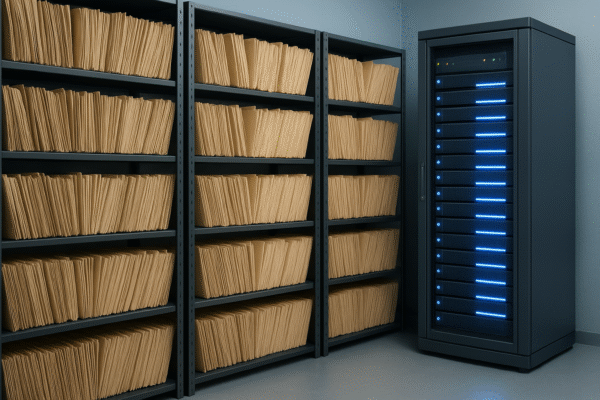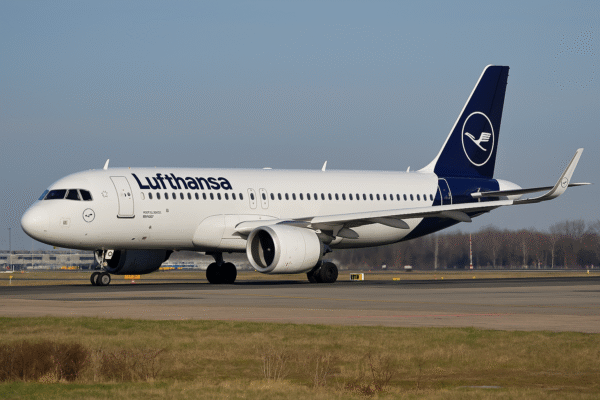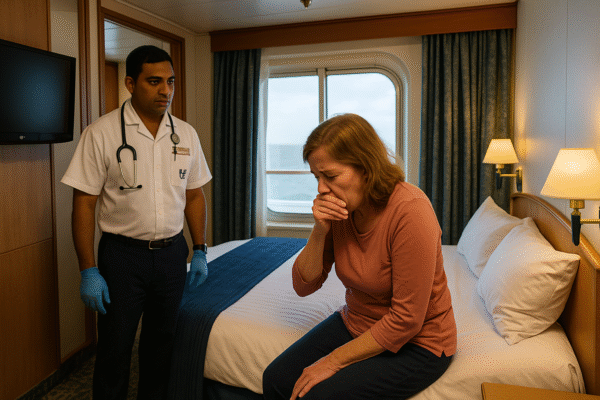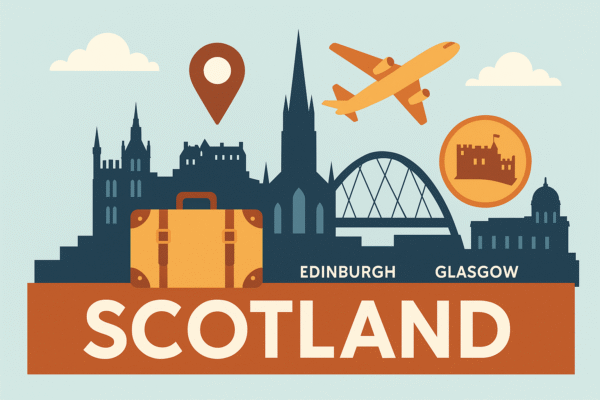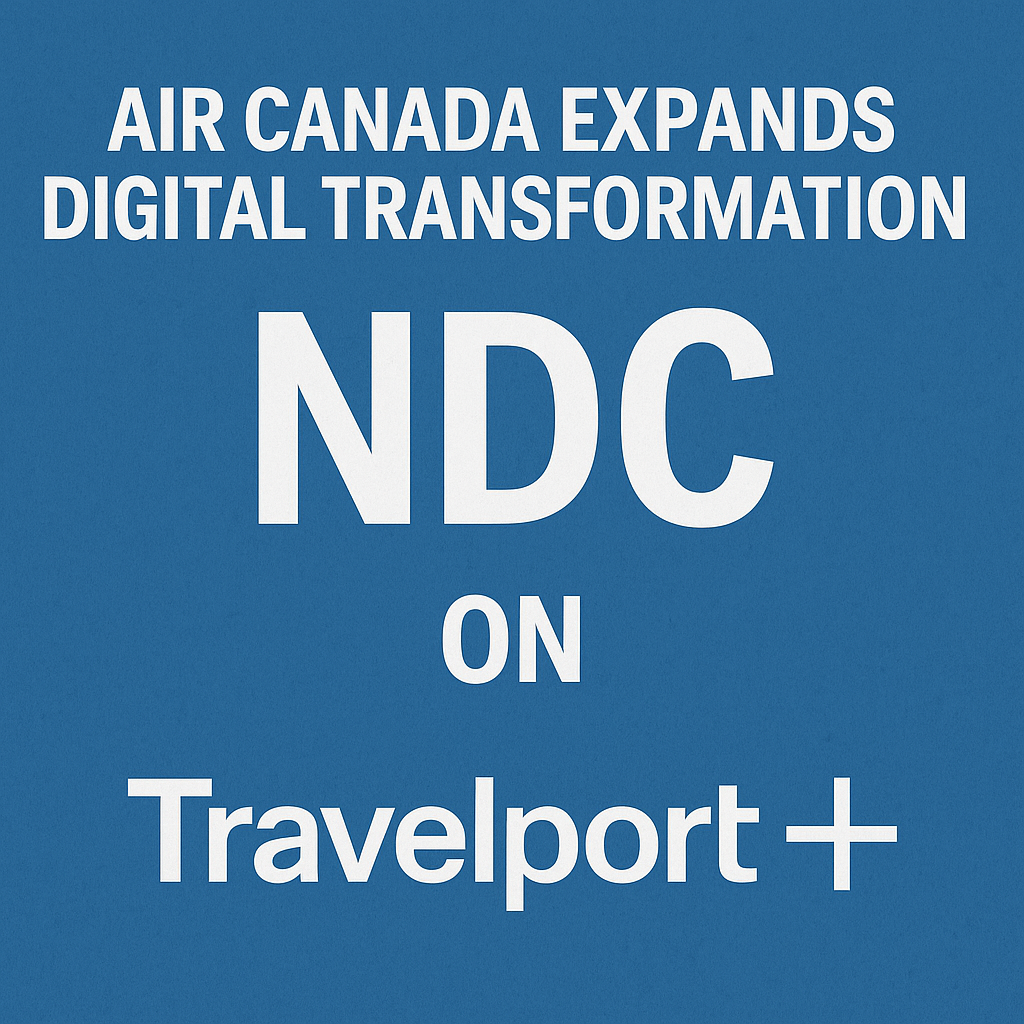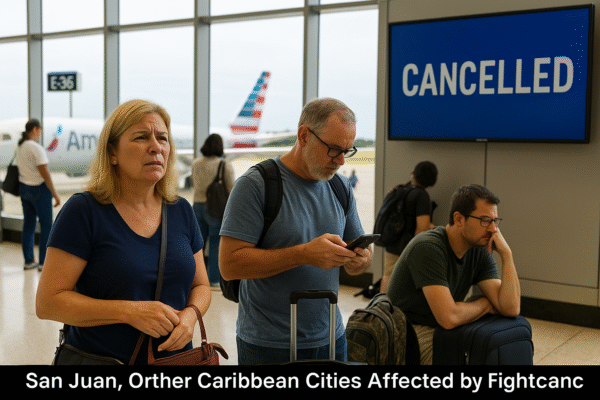The Lufthansa Group, one of Europe’s largest airline conglomerates, has announced a sweeping transformation plan that will reshape its operations by 2030. At the center of this strategy lies the adoption of artificial intelligence (AI) and advanced digitalization tools. As part of the restructuring, Lufthansa confirmed that it will reduce its workforce by around 4,000 administrative positions within the next five years, with changes primarily affecting Germany.
While job reductions are a sensitive issue, the airline emphasizes that frontline roles in customer service and flight operations will remain largely unaffected. Instead, the cuts target administrative functions that can be streamlined or automated through new technologies.
Digital Transformation as the Driving Force
At the heart of Lufthansa’s strategy is a comprehensive digital transformation program. AI will play a major role in reducing repetitive workloads, supporting decision-making, and enhancing efficiency across departments. For example:
- AI-powered scheduling systems will allow more efficient use of aircraft and crews.
- Machine learning algorithms will optimize predictive maintenance to minimize costly delays.
- Automated back-office tools will streamline administrative processes such as payroll, documentation, and procurement.
This digital shift is expected to reduce costs, limit human error, and ultimately improve customer experience, from seamless booking systems to more personalized onboard services.
Streamlining Operations Across Member Airlines
The Lufthansa Group is more than just its flagship airline. It also encompasses Swiss International Air Lines, Austrian Airlines, Brussels Airlines, and ITA Airways. With such a diverse portfolio, duplication of roles is common. The new restructuring program is designed to eliminate redundancies across the group.
By pooling resources and centralizing digital platforms, Lufthansa aims to create a more agile organizational structure. This integration ensures the group can respond swiftly to shifts in market demand while maintaining a consistent standard of service across its carriers.
Balancing Efficiency with Strong Demand
Despite the restructuring, Lufthansa remains optimistic about future growth. The airline group points to strong passenger demand as travel rebounds globally. With restrictions largely lifted, markets such as transatlantic and intra-European travel are performing strongly. High load factors—the measure of seats filled on flights—are enabling Lufthansa to generate strong revenues per seat, boosting profitability.
However, supply chain constraints, particularly shortages of aircraft and engine parts, remain a challenge. The group’s focus on digitalization and AI is intended to ensure maximum efficiency even in a restricted supply environment.
Fleet Modernization: Investing in the Future
Alongside its digital push, Lufthansa is preparing for what it calls the largest fleet modernization in its history. The group plans to acquire more than 230 new aircraft by 2030, including 100 long-haul jets. These planes will be more fuel-efficient, generate lower emissions, and provide passengers with enhanced comfort and advanced in-flight technologies.
This modernization is not just about competitiveness—it also aligns with Europe’s wider aviation sustainability goals. By introducing aircraft that consume less fuel and meet stricter environmental standards, Lufthansa aims to reduce its carbon footprint while maintaining its reputation as a global aviation leader.
Sustainability and Green Aviation Goals
Sustainability remains central to Lufthansa’s future plans. The airline has set ambitious targets to reduce carbon emissions and invest in sustainable aviation fuel (SAF). Alongside its fleet renewal, AI will help optimize flight paths, minimize delays, and reduce fuel burn, directly contributing to climate goals.
Tourism boards across Europe have welcomed Lufthansa’s commitment to sustainability, noting that eco-friendly aviation solutions are increasingly vital to maintaining the region’s attractiveness as a global travel hub. Travelers are becoming more eco-conscious, and airlines that invest in greener operations are well positioned to capture this demand.
The Human Side of Transformation
While the planned job reductions will primarily affect administrative staff, Lufthansa has emphasized that it will support employees through retraining programs and career transition initiatives. The company is also exploring opportunities for reallocation within digital and technological departments, ensuring some displaced employees can transition to roles aligned with Lufthansa’s future focus.
Balancing the needs of employees, customers, and shareholders will be key to managing this transformation successfully. Industry analysts suggest that Lufthansa’s approach could serve as a model for other global airlines navigating similar pressures from rising costs and technological disruption.
The Role of AI in Passenger Experience
Beyond back-office automation, AI will increasingly shape how travelers experience Lufthansa flights. Personalized travel recommendations, AI-powered chatbots for customer service, and predictive analytics to manage disruptions will all become standard features. Passengers can expect faster check-in, more efficient boarding, and real-time updates tailored to their journeys.
This evolution reflects a broader trend in tourism: travelers are seeking seamless, tech-driven experiences that reduce stress while maximizing comfort and convenience.
Looking Ahead to 2030
By 2030, Lufthansa envisions itself as a leaner, more efficient, and more technologically advanced airline group. Its three-pronged strategy—digital transformation, workforce optimization, and fleet renewal—is designed to secure long-term profitability while contributing to a sustainable future for aviation.
The journey will not be without challenges. Employee concerns, supply chain issues, and global competition remain hurdles. However, the group’s proactive stance suggests it is well positioned to adapt to the rapidly evolving aviation landscape.
Conclusion: A Redefined Lufthansa
The Lufthansa Group’s announcement represents more than just job cuts—it signals a paradigm shift in global aviation. By embracing artificial intelligence, digitalization, and sustainable fleet investments, Lufthansa is charting a path toward resilience and growth.
For travelers, this transformation promises more efficient journeys and greener skies. For the aviation industry, it highlights how airlines must evolve in the face of technological disruption and environmental responsibility.
As the 2030 horizon approaches, Lufthansa’s bold strategy will serve as both a test case and a benchmark for the future of global air travel.
For more travel news like this, keep reading Global Travel Wire

